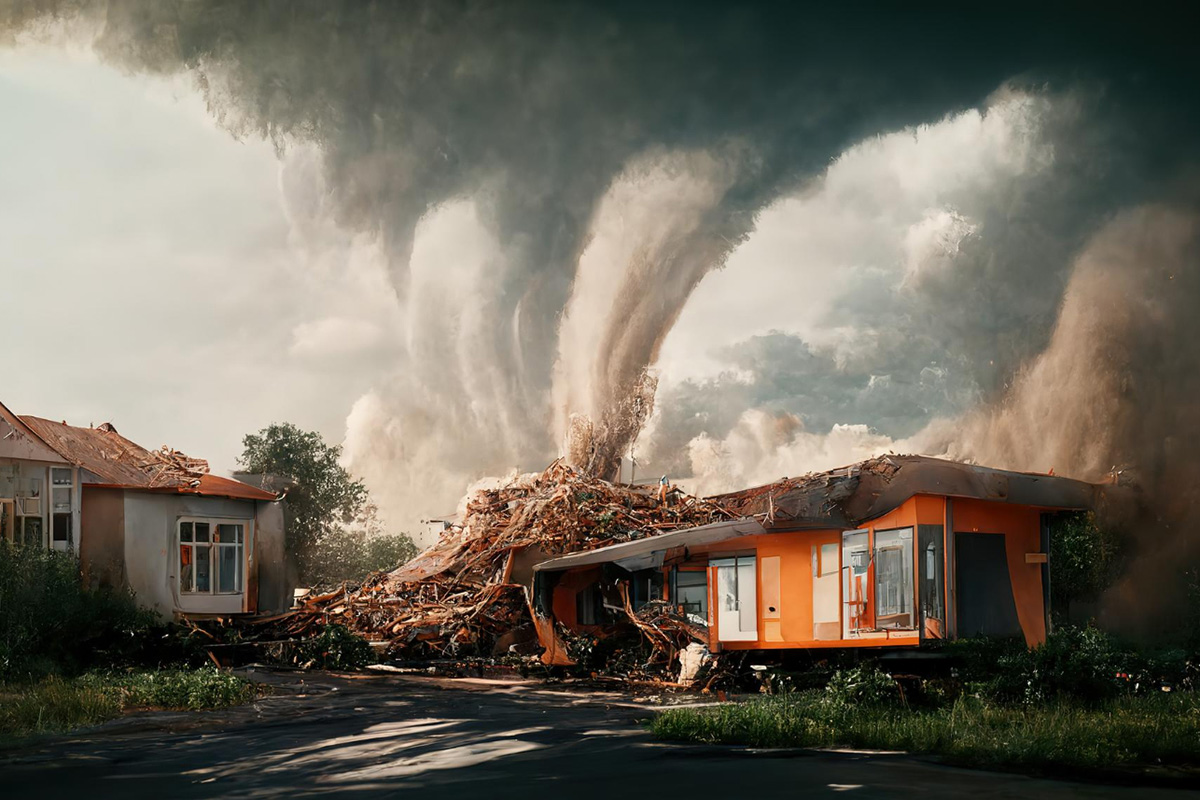Surprising Types of Damage After a Hurricane

Hurricanes are one of the most devastating natural calamities that can occur. They can cause widespread damage to cities, homes, and businesses. High winds, heavy rain, and storm surges can result in significant damage that can be seen and felt. However, hurricanes can also cause unexpected types of damage that are not as obvious. In this blog post, we will explore some of the surprising types of damage that can occur after a hurricane.
Mold Growth
One of the most surprising types of damage after a hurricane is mold growth. Mold can start to grow in as little as 24-48 hours after water damage occurs. Since hurricanes cause significant water damage, they create the perfect environment for mold to thrive. Mold can cause health problems and structural issues in your home or business if it is not dealt with quickly and effectively.
Electrical Damage
Hurricanes can cause electrical damage that is not immediately apparent. High winds and fallen debris can damage power lines, transformers, and other electrical components. This damage can result in power outages or even electrical fires. Electrical damage can also occur in the walls and ceilings of buildings, which can be dangerous if not dealt with promptly.
Foundation Damage
Hurricanes can cause significant damage to the foundation of a building, even if it seems unaffected by the storm. Heavy rain and flooding can cause soil erosion, which can compromise the foundation of buildings. This can lead to structural issues, such as cracks and buckling, which can make a building unstable and unsafe.
Water Damage
While water damage is an expected result of a hurricane, the extent of the damage can be surprising. The water from a hurricane can seep into walls, ceilings, and floors, which can cause extensive water damage that is not immediately apparent. Water damage can lead to mold growth, electrical damage, and structural issues.
Roof Damage
Hurricanes can cause significant roof damage, even if it appears to be intact after the storm. High winds, debris, and water can create small holes or cracks in the roof, which can lead to leaks and water damage. Roof damage can also make a building vulnerable to the elements, which can lead to further damage if not addressed.
Conclusion:
Hurricanes can cause a wide range of damage that can be surprising and unexpected. Mold growth, electrical damage, foundation damage, water damage, and roof damage are just a few of the types of damage that can occur after a hurricane. It is essential to address these types of damage promptly to prevent further issues from occurring. If you are dealing with hurricane damage, it is essential to work with a reputable claims adjuster who can help you navigate the complex insurance process. Contact Ultra Property Damage today for a free consultation to learn more about how we can help you with your hurricane damage.